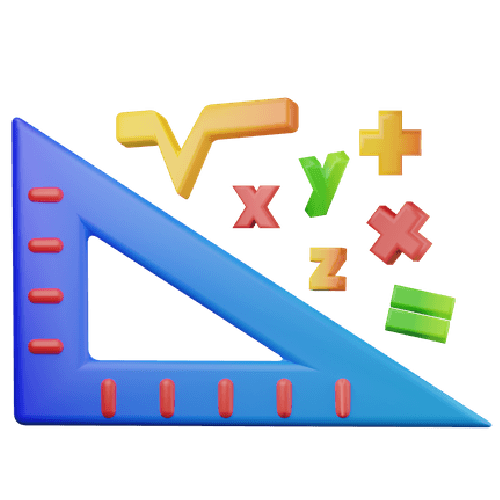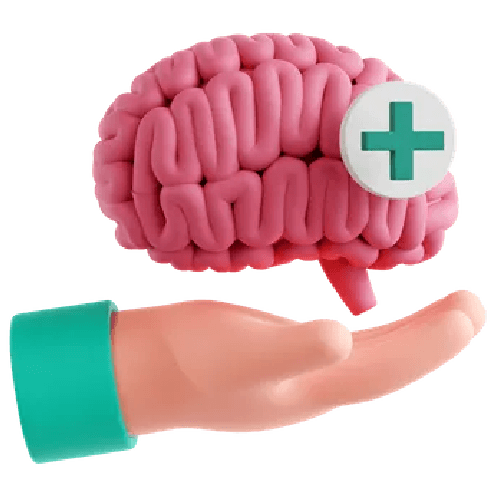Reading Comprehension
Reading Comprehension features approximately ten passages, which are one paragraph long, and may feature two or more paragraphs. These passages are usually taken from academic and nonacademic books and periodicals in arts and humanities, business, social sciences, and physical and biological sciences. These passages are often accompanied with one to six questions with a single answer, multiple correct answers, and a sentence from a passage.
Text Completion
Text Completion features passages with 1-5 sentences and 1-3 blanks. The sentences with two or three blanks would have up to three answer choices. The sentences that have one blank would have up to five answer choices. Students are required to answer all blanks correctly. There are no partially correct answers.
Sentence Equivalence
Sentence Equivalence features a sentence with a blank and six answer choices. Students need to focus on the partial information and complete the passage as required using any two answer choices. They will be awarded a point only for the correct answers. There are no partially correct answers.








